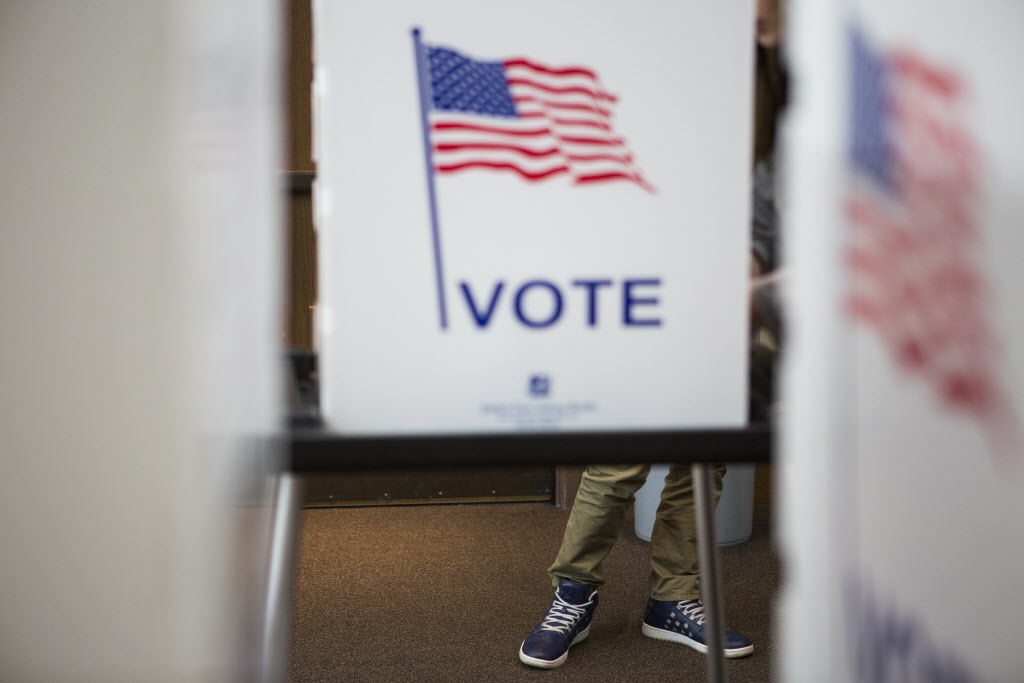A federal appeals court says a judge's decision to delay the deadline for returning Wisconsin absentee ballots can proceed, finding GOP lawmakers and political parties didn't have standing to challenge the extension.
The 7th Circuit Court of Appeals on Tuesday found the state and national Republican parties had suffered no injury in Judge William Conley's decision to allow absentee ballots to be c...
Please log in to access subscriber content.
If you don't have a subscription, please contact schmies@wispolitics.com for subscription options on the WisPolitics-State Affairs platform, which is the new home for WisPolitics subscriber products.


